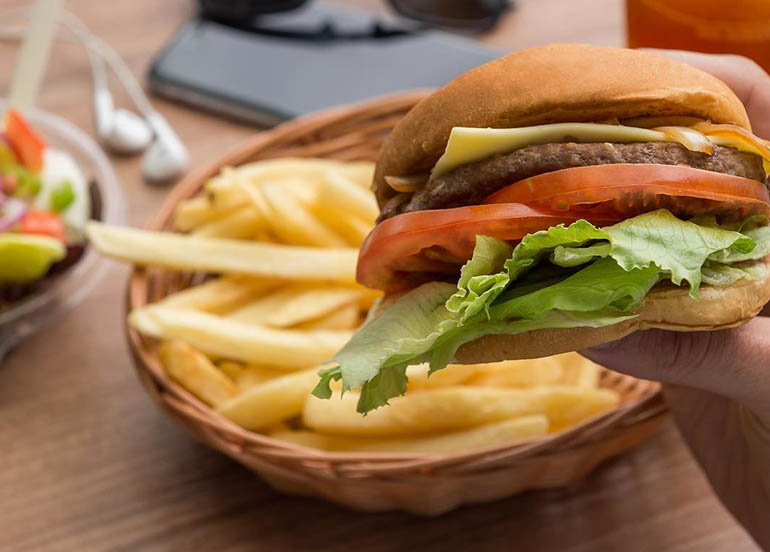

One key to making automation work for your business and employees? Don’t make your automation autonomous. A future in which technology is a tool for inclusivity in the workforce. As you can guess from the name that MOS Burger is famous for its variety of burgers. But they present a model of the future that isn’t ‘one or the other’: robots vs.

Will these robots become mainstream, and work in restaurants and stores and public spaces all over the world? That remains to be seen. Yet unlike most of the robots popping up in the workforce, Mos Burger’s robots aren’t designed to replace human jobs instead, they open up jobs to those who wouldn’t be able to work otherwise. Around 67% of US workers in the tech sector are worried about losing their jobs to an AI or robot, while 44% of non-tech workers feel the same. Which, to put it bluntly, is freaking your customers out.
MOS BURGER HOW TO
Now, due to the necessity of social distancing and tightened hygiene measures, an estimated 40% of companies globally are increasing their adoption of automation. The Bento Buster, a Kiwi in Japan, shows how to make the iconic Japanese Mos Burger - the burger with that sloppy meat sauce. Of course, automation is gaining prominence far beyond Japan. This makes sense, seeing as these solutions compensate for Japan’s dwindling population (and, therefore, labor force) even with upcoming automation and labor force expansions, Japan is still likely to be facing a shortage of around 1.5 million workers by 2030. Many of the most interesting consumer-facing, automation innovations our team has tracked are springing up in Japan. Mos Burger’s robot tests are set to run from July through August. They only work with fresh vegetables which are grown by contracted domestic farmers using methods that do not rely on pesticides and chemical fertilizers. Each robot is clad in a trainee uniform and equipped with a microphone and camera, so workers can personally serve customers and answer their questions about the menu. MOS Burger incorporates Japan’s food culture in their dishes, including the Teriyaki Burger, made with miso paste and soy sauce and the MOS Rice Burger, which features a rice bun. The initiative is designed to give workers with disabilities, COVID-19, child care issues, who are elderly, who are required to quarantine, or are otherwise unable to work outside the home an employment opportunity. It is primarily involved in the operation of restaurants under various brands such as Mos Burger, MOS Café, Mother Leaf Tea Style, Mother Leaf, Chef’s V, Green Grill, AEN, Mosdo. Japan-based burger chain Mos Burger announced it will begin testing remote-controlled robots – the OriHime robots – in its restaurants, which employees will operate from home. Mos Food Services Inc (Mos Burger) is a multi-brand restaurant operator based in Japan.


 0 kommentar(er)
0 kommentar(er)
